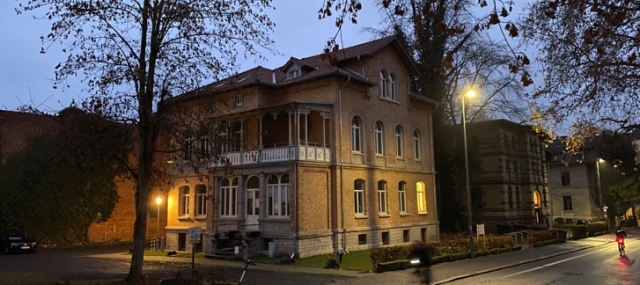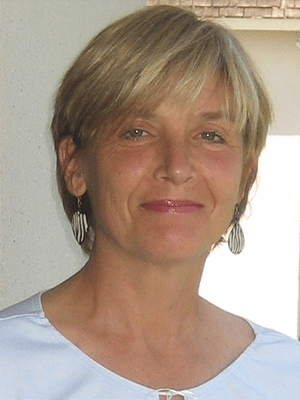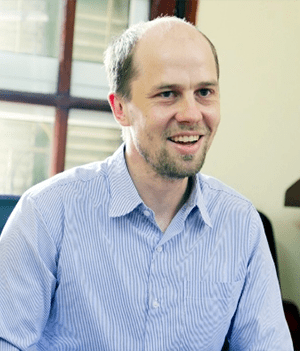By Heidi Upton, DMA
Associate Professor

University of Göttingen

This fall semester, a collaboration is taking place between a course at St. John’s, Discover New York, and one in Germany entitled Anthropology and Climate Justice: Research Practice in the City. This is a report of “work in progress” as the collaborative course will take place later this semester. It will leave you in suspense as it outlines steps taken to create this international partnership, concluding before the actual work takes place.
When seeking a partner for international collaboration (or any pedagogical collaboration!), it’s not only about what you are teaching, but how- in other words, methodologies of each professor in the collaboration must resonate. And, of course, each must be willing to adjust, to compromise, to find a middle way.
Thanks to the already existing connection between St. John’s University and colleagues in Germany, I was very lucky to quickly connect with Dr. Paul Christensen, who is teaching at the University of Göttingen’s Institute of Social and Cultural Anthropology.
In his seminar, Dr. Christensen teaches the basics of anthropology and anthropological research practice in relation to urban research, climate change, and climate justice.
In my Discover New York course, which is part of the Institute for Core Studies here at SJU, I ask students to explore personal experience in urban space in the context of climate change through an aesthetic lens. Developing awareness of aesthetic experience in the everyday leads them to apply such ideas into the built space of the city and their own presence in that world in the midst of climate change, possibly bringing to this everyday experience a call to action of some kind.

Dr. Christensen and I were able to find common ground in our approach (our how) to teaching and learning that is experiential and project based. And thanks to our common academic interest in climate-related matters, particularly as they relate to the United Nations Sustainable Development Goals, the content portion of the course resonates as well. All 17 SDGs are integrated so although the goals most connected with climate issues may seem to be goals such as #s 12-16, all goals are profoundly interconnected.
Through this international partnership, we are practicing collaborative research in interdisciplinary exchange in learning, using the aesthetic perspective as an operational tool. The main foci of the research practice are building awareness of oneself in the environment and of personal and academic reflection. Through this work across cultures and geographical space, we will develop an international and comparative perspective on climate justice in the city.
Our methods will include having students conduct a series of interviews where they learn about each other and their cities; incorporate the perspectives of the elders in their lives who bring an intergenerational context to climate awareness over time; and make a multi-media response to all this together - all in a month-long collaboration when DNY students will be at the end of their semester, and students in Dr. Christensen’s course will be just at the beginning of theirs. As a main intention of the collaboration, we seek to have students develop interpersonal and intercultural communication skills, in addition to mastering the academic content of the course.
In closing, it is my hope that this is just one example of what will be a growing number of collaborations across the University, bringing global experiences and learning to all students and the opportunities of such collaborations to all faculty.
Related News
Entangled Across Borders: Celebrating 100 Years of Quantum Physics Through a Global Classroom
In Spring 2025, I implemented the first iteration of the Global Online Learning Exchange (GOLE) in my Scientific Inquiry class at St. John’s University, a core class focused on how scientists make...
Grazie, Papa Francesco: Notes on the Passing of Pope Francis
Loreal is a junior at St. John’s University majoring in International Management with a minor in Social Justice : Theory and Practice in the Vincentian Tradition . She is also the President of the...
Snapshots: New Students from Around the World
The St. John’s community specializes in being a welcoming, friendly, accepting place and so we are excited to introduce you to some of our new international students. We hope these students will...
